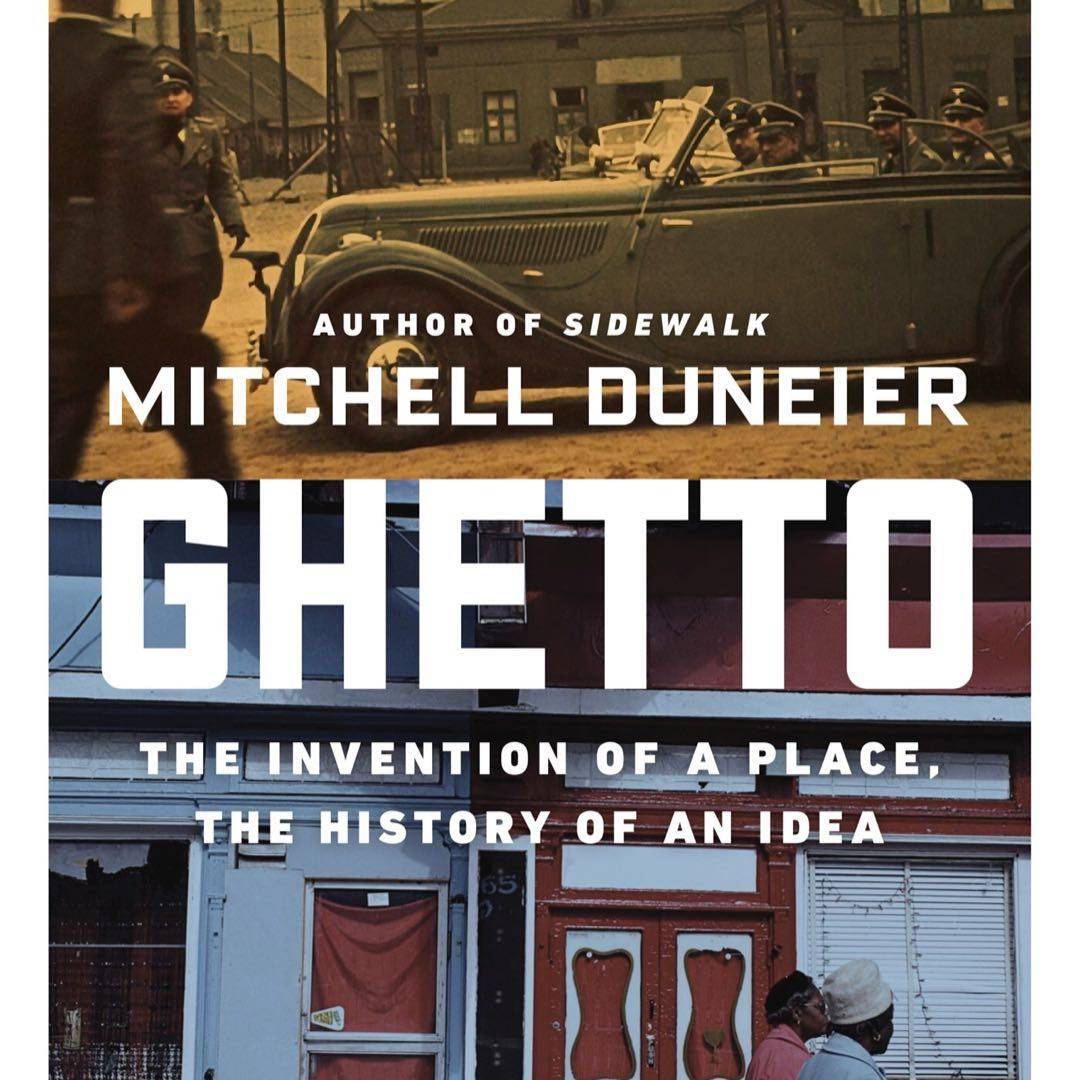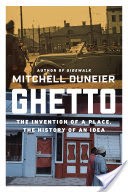
A solid work on the conception of the ghetto from it‘s ancient origins through WWII to the present, particularly focused on how it relates to the plight and status of African Americans as seen through the work and writings of a handful of notable social scientists. My interest waned somewhat about halfway but I plodded through.



















